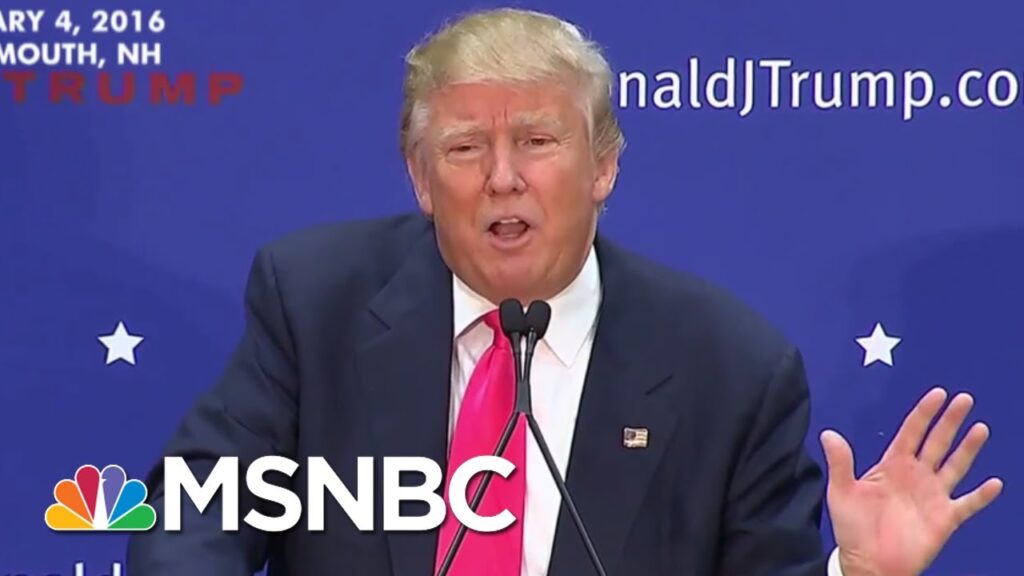
Introduction
Donald Trump, the 45th president of the United States, served from January 2017 to January 2021. His presidency was marked by numerous controversies and significant shifts in both domestic and foreign policy. Understanding Trump’s impact is crucial not only for grasping recent American history but also for analyzing the current political landscape.
Key Events During Trump’s Presidency
Trump’s term was defined by several landmark events. The 2016 election itself was unprecedented, with Trump winning against established political norms, and becoming the first president without prior military or governmental experience. Key moments of his presidency included his impeachment by the House of Representatives in December 2019 on charges of abuse of power and obstruction of Congress, making him the third president in U.S. history to be impeached. Although he was acquitted by the Senate in early 2020, the political fallout had lasting effects.
Another significant aspect of his presidency was the COVID-19 pandemic that emerged in early 2020. Trump faced criticism for his handling of the crisis, which included downplaying the virus’s severity and promoting unproven treatments. The pandemic influenced the 2020 election, where Trump was ultimately defeated by Joe Biden.
Foreign Policy and Economic Impact
On the international stage, Trump adopted an “America First” policy that shifted U.S. engagement with multiple allies and adversaries. Notable foreign policy initiatives included the renegotiation of NAFTA to USMCA, the withdrawal from the Paris Climate Agreement, and historic peace agreements in the Middle East, including normalization deals between Israel and several Arab nations.
Economically, before the pandemic, the U.S. saw significant job growth and low unemployment rates, which Trump frequently touted as successes of his administration. However, the COVID-19 pandemic led to the unravelling of many economic gains, resulting in an economic downturn.
Conclusion
The significance of Donald Trump’s presidency continues to be a topic of fervent debate. His polarizing leadership style and policies have reshaped the Republican Party and energized various political factions within the country. As the U.S. continues to address the challenges stemming from his term, the ramifications of his presidency will likely influence American politics for years to come. Understanding his legacy is essential for any analysis of the current political climate and its future trajectory.



